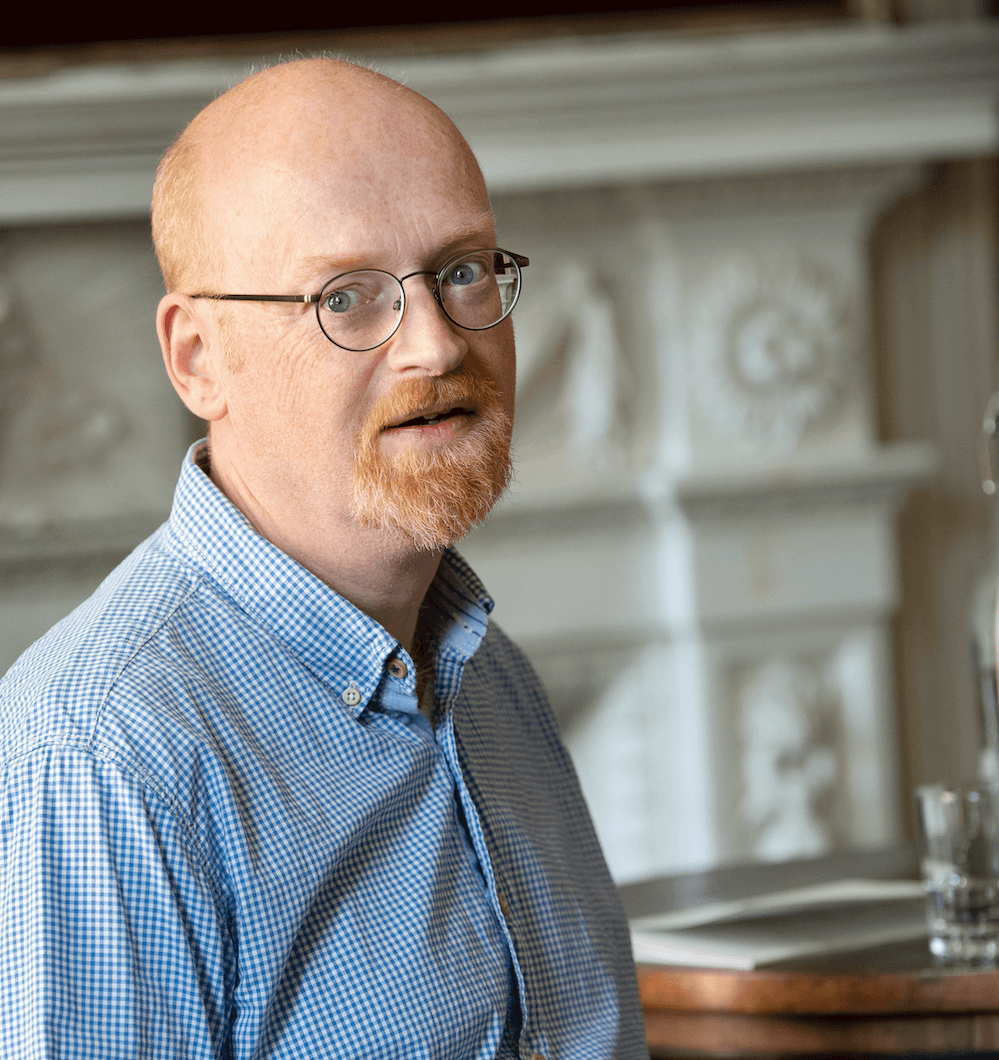The overarching theme for Realisation 2023 is Unlearning and Reimagining Difference. So here are a few ideas on types of difference that might seed your thoughts, or prompt an awareness of more types overlooked below.
“Opposition is true Friendship,” wrote William Blake, as well as “Without Contraries is no progression.” He was partly referring to the energy brought by maintaining tensions and paradoxes, but also to the range of experiences needed to be open to the fullest possibilities of existence, which means, in short, that we need others.
To put it differently, and as Iain McGilchrist has reminded us: a partial truth may be a richer truth than one that seems settled and complete. In an expansive education, as opposed to an education aimed solely at passing tests, as well as activities involving the imagination and creativity, the value of thinking and experiencing differently is positively embraced. As Iain also insists, both/and is typically more generative than either/or, and more generative still is holding a field that welcomes both/and whilst discerning between alternatives, to reveal basic truths and values.
Which is another way of saying that having some sense of where you stand, and how to value the uniqueness of your particular traditions and experience, is crucial to engaging with difference well. There are aspects of life that might need protecting in order for them to open up.
So difference can be experienced as generative of collaboration and harmony but also of anxiety, competition and crisis, as well as deadly conflict, which raises questions about the types of virtues difference invites, as well as personal practices and lessons from history. Have various times and places been more or less capable with difference? Do we need alternative resources, like myths and stories, rituals and rites, to become more skilful negotiating difference?
Difference can be faced with various kinds of power – force, for sure, but also allure and love. The latter require work on the self, not just making demands on others. As Simone Weil put it: receiving the world without the interference of limited perspectives is a type of attention that de-centres the ego. What shows up is intimately related to what we revere and reverence. And further, what shows up may catch us entirely by surprise, opening seemingly maverick paths forward.
Differences can also bring a more alchemical realisation, when two or more stand before an horizon of perception and, through their dialogue, become aware of more than they knew or suspected possible. At its most beautiful, this kind of improvisation brings intimations and, on occasion, manifestations of the sacred and transcendence.
Photo (c) Realisation / Amanda Lockhart
